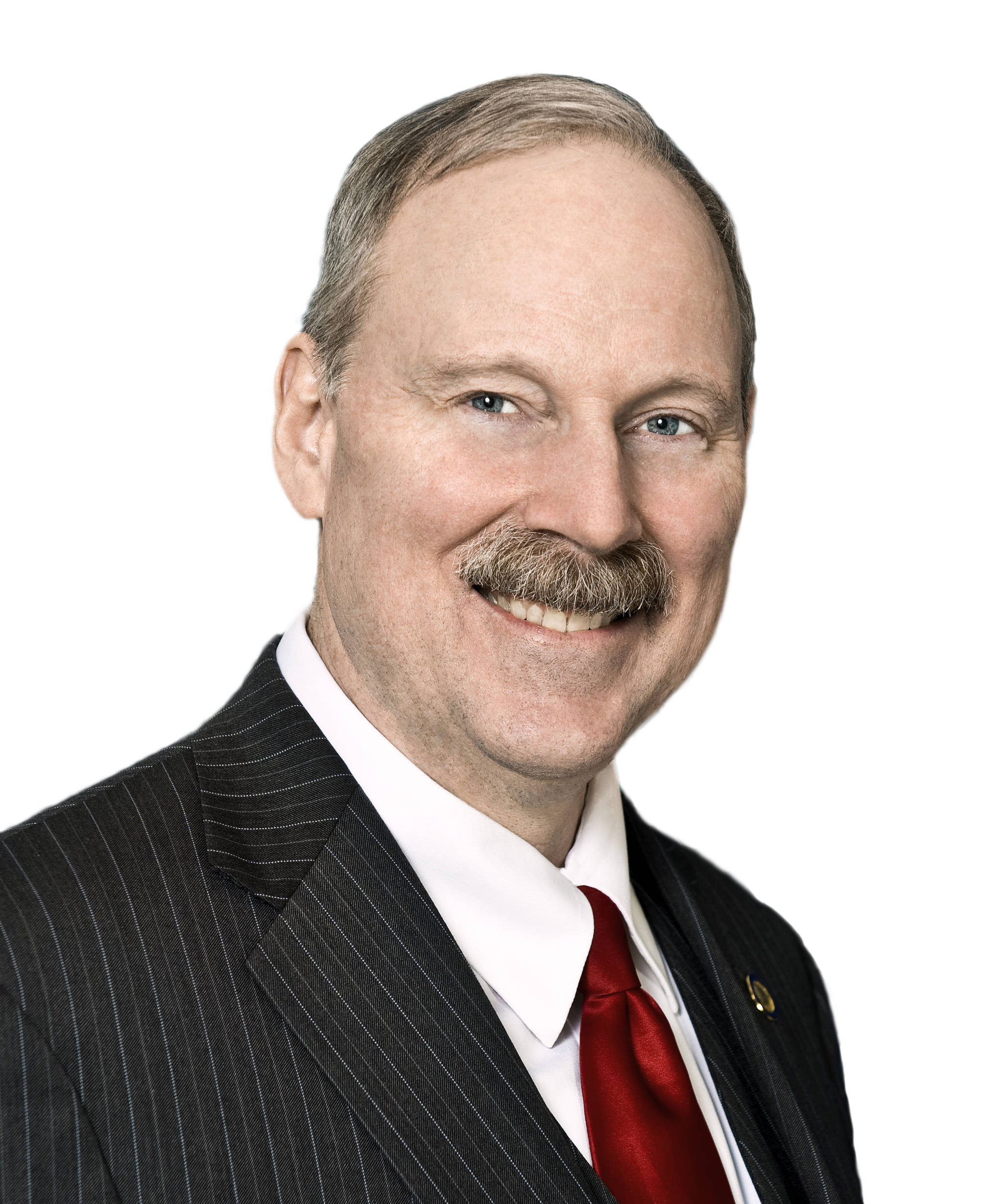At a time when the fiscal future of many states looks uncertain, Alaska made the smart choice to protect the state’s future income for our children and grandchildren. On June 30, $4.9 billion was transferred from the Permanent Fund’s Earning Reserve Account to its principal account. Once deposited in the principal account, the funds cannot be spent without a vote of the people. But they will produce earnings, a percentage of which will provide for dividends and essential state services.
Alaskans are fortunate to have vast resources, whether fur, fish, gold, timber or oil. This generation has been fortunate to have revenue from oil and gas. However, oil markets are exposed to unstable political environments causing prices and production to fluctuate. Unfortunately, revenue from oil has declined from previous years (even before the pandemic) and may continue to stay flat for several years, whether from naturally aging fields, economic climates, a pandemic or preferences for alternative energy. For reference, in fiscal year 2011 oil and gas provided over 90% of the state’s revenue. In 2021, it will provide only 17%.
Consequently, we have tough choices to make to balance our state budget. We can’t just print money like the federal government. We must balance our budget. Over the past several years, policymakers have drained savings accounts while reducing budgets. Some have suggested a solution would be to implement a statewide income tax and/or sales tax on Alaskans. I believe there is a better option. We need to review and sensibly reduce programs while we grow the Permanent Fund to a level that offsets revenue declines and supports dividends. We need to focus on increasing the Permanent Fund and our investment earnings to benefit our state for decades to come. The Permanent Fund has proven since inception to be a high-performing investment fund, with a historic rate of return of 8.79%.
The Permanent Fund is made up of two parts, the principal account, which cannot be spent by the Legislature, and the earnings reserve, which can be spent by the Legislature. Protecting the Permanent Fund means building up the principal account, which can only be accessed by a statewide vote of the people rather than a simple majority vote in the Legislature draining the Earnings Reserve.
On March 5, the Permanent Fund Board of Trustees passed a resolution that called on the Legislature to combine the principal and the earnings reserve accounts into one (a true endowment). A fixed 5% annual draw would be available for spending by the Legislature on dividends and core state services. The Trustees also recommended maintaining a balance of at least four times the annual draw. Since the annual draw the past several years has been around $3 billion, the Trustees would like about $12 billion in the earnings reserve account.
I find this alarming. It’s dangerous if legislators in one year can access and spend $12 billion through simple majority votes. History shows, when given a chance, the Legislature and governors will kick the can down the road and spend down savings to the point of having nothing left. Roughly $16 billion from our savings accounts has already been spent. As co-chair of Senate Finance, I led efforts over several years to wisely save those funds. It is disheartening to see those funds liquidated while we continue to have a structural budget deficit year after year. The balances of our major savings accounts are now effectively zero. I do not want to expose the Permanent Fund to the same outcome.
It is too tempting and too easy for the Legislature to overdraw the earnings reserve account to pay for state services and extra dividends while not addressing the structural budget deficits.
Be wary of people who think moving money to the principal account and protecting the future of the Permanent Fund is irresponsible. They want access to spend the Permanent Fund. It is judicious to have a high standard and direct input of the people before any amount is spent above a limited and prudent draw rate.
One of the most irresponsible and shameful actions the current generation could take is to overdraw and/or liquidate the Permanent Fund, thereby destroying its ability to benefit future Alaskans in perpetuity. Our oil and gas basin is a finite resource and should be treated as such. Our Permanent Fund — due to what I like to call the 8th wonder of the world: compounding interest — will be an infinite resource for future Alaskans if we protect it. The legacy of this generation should not be destroying the Permanent Fund for their own immediate benefit while disenfranchising our children and grandchildren, leaving them an empty oil basin and a crippled or liquidated Permanent Fund.
Bert Stedman is a Republican member of the Alaska State Senate. He represents Southeast communities, including Ketchikan, Sitka, Wrangell, Metlakatla, Craig, Petersburg, Klawock & Hoonah.

